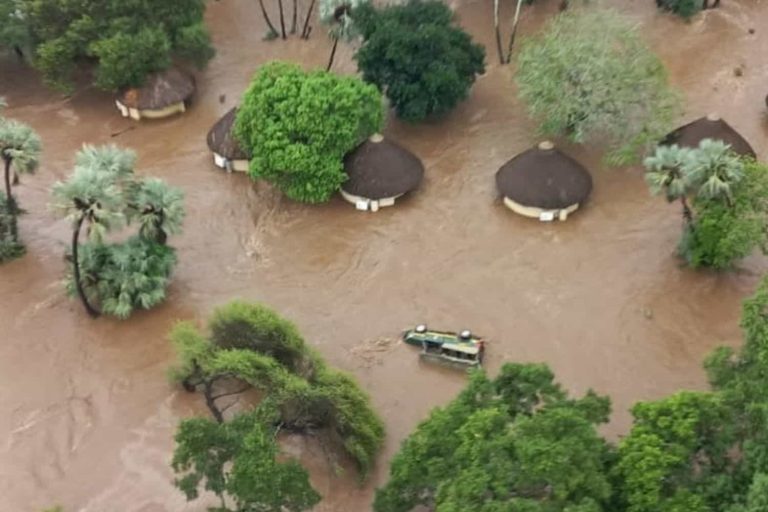
Former Citizen TV and NTV journalist Kimani Mbugua has died in Mombasa.
His family confirmed to the Nation that he died by suicide, saying he left a note behind.
The media personality’s death follows years of struggles with mental illness, challenges that saw him in and out of rehabilitation and medical facilities.
Mbugua first honed his broadcasting skills at Moi University’s FM radio station where his talent and charisma quickly stood out. He later joined mainstream media, gaining recognition for his witty and engaging approach to entertainment and human-interest stories, often blending humour with insight.
His star was on the rise until around 2019, when his family began noticing some unusual behaviour. In a previous interview with the Nation, his sister Wanjiku Mbugua recalled that the first sign was when Mbugua began questioning their faith and the church they grew up in.
“He called mum asking a lot of questions concerning the SDA church,” she said.
“Mum felt that he was not okay, especially after he posted a video online saying the SDA church was a cult.”
Even as his media career flourished, his relationship with his family became strained. Wanjiku said the change was difficult to understand until she moved in with him and learned he had been diagnosed with bipolar disorder.
“I was shocked since I had never heard about mental health diseases,” she said.
She also witnessed his manic episodes, some of which turned violent. In one widely shared video, Mbugua himself recorded a breakdown, bringing his struggles into the public eye.
His father, during an interview with content creator Oga Obinna, confirmed his son’s diagnosis and expressed concern over possible causes, including an incident where Kimani’s drink was allegedly spiked at a party, followed by a period of heavy drug use. Although the cause was never medically confirmed, the revelation drew national attention to Mbugua’s plight.
Following public appeals for help, then-Nairobi Governor Mike Sonko offered to pay for Mbugua’s treatment. He was admitted to the Mombasa rescue centre and discharged after months-long treatment, but he has faced severe relapses since 2019, when his mental health crises began.
In recent months, Mbugua had shared updates suggesting he was rebuilding his life, sparking hope among fans and colleagues that he would make a full recovery.
However, news of his death has now drawn widespread grief and reflection on the toll of mental illness among young professionals in Kenya’s media industry.
According to the World Health Organisation (WHO), global cases of mental health conditions and substance use disorders have risen by 13 per cent over the last decade. Locally, Kenya’s Taskforce on Mental Health (2020) found that mental illnesses, including depression, bipolar disorder, schizophrenia, and substance use, account for 13 per cent of the national disease burden.
Mbugua’s death underscores the growing urgency for mental health awareness, early intervention, and accessible treatment for those affected.
He is survived by his family, who have requested privacy as they mourn the loss.
hsaya@ke.nationmedia.com



